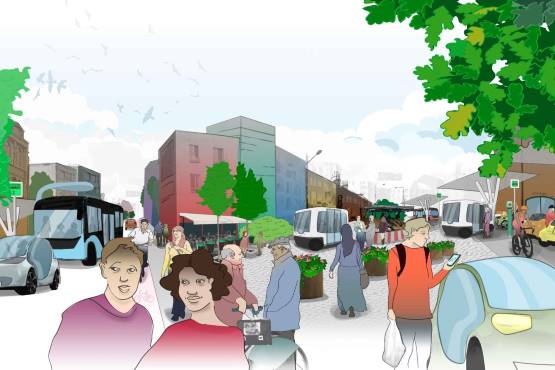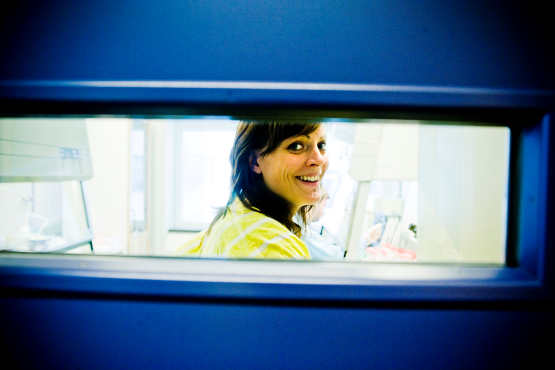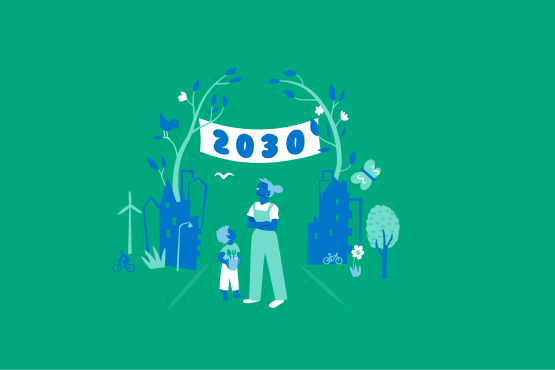Promotes a bio-based economy with the goal of creating conditions for value added and competitiveness by 2050.
Strategic innovation programs: Cooperation for sustainable innovation
Vinnova, the Swedish Energy Agency and Formas fund seventeen strategic innovation programs. Through collaboration in areas that are strategically important for Sweden, conditions are created for sustainable solutions to global societal challenges and increased international competitiveness. Within the programs, companies, academia and organizations together develop the sustainable products and services of the future. Everyone who can contribute to the development is welcome to apply for funding.
Introduction film about the programs
Strategic research and innovation agendas
The basis for the strategic innovation programs is the investment in strategic research and innovation agendas that took place between 2012 - 2016. The actors within an area formulated a common vision and objective and defined needs and strategies for the development of an innovation area.
The starting point for the agendas was to meet important societal challenges and to create growth and strengthen Sweden's competitiveness in the area. The developed agendas span a wide range of areas.
Mapping shows several positive effects
On behalf of the authorities, Sweco has now carried out a survey of the strategic innovation agendas. The survey shows that the agendas continue to be useful by being a good tool for increased collaboration between different actors. The results show, among other things, that:
- The agendas cover many areas, but are mainly focused on information and communication technology as well as the energy and climate area.
- Many actors have been involved in developing the agendas.
- There has been a great deal of commitment among participating actors.
- The project managers perceive that the work with the agendas has been a good tool for gathering actors in different activities and areas to develop a common strategy.
- The agendas today are used in different ways even if the project has been completed, for example as a basis for a proposal for additional funding in the area.
Read the agendas
Questions?
If you have general questions about the Strategic Innovation Program initiative, please contact one of us.
The programs are evaluated
The strategic innovation programs are evaluated every three years. The main purpose of the first evaluation of a programme is to evaluate the establishment phase and to gain insight into the program's strengths and potential for improvement.
The second evaluation is carried out when the program has been active for six years. That evaluation is more comprehensive and focuses on how the program has achieved the set objective, and identifies results and early effects of the project funded.
All completed six-year evaluations are published on Vinnova's website.
Nine-year evaluation of strategic innovation programs
Six-year evaluations of strategic innovation programs
Three-year evaluations of strategic innovation programs
- Evaluation 2016 - Processindustriell IT and automation, Production2030, Mining and metal extraction, Lightweight and Metallic materials
- Evaluation 2017 - Innovair, Bioinnovation, IoT Sverige, Smarter electronics systems, SIO Grafen and Swelife
- Evaluation 2019 - Medtech4health, InfraSweden2030, Drive Sweden, RE: Source and Smart built environment
- Evaluation 2020 - Viable cities
funding within the strategic innovation programs
Last updated 14 December 2022
Page manager: Peter Åslund













